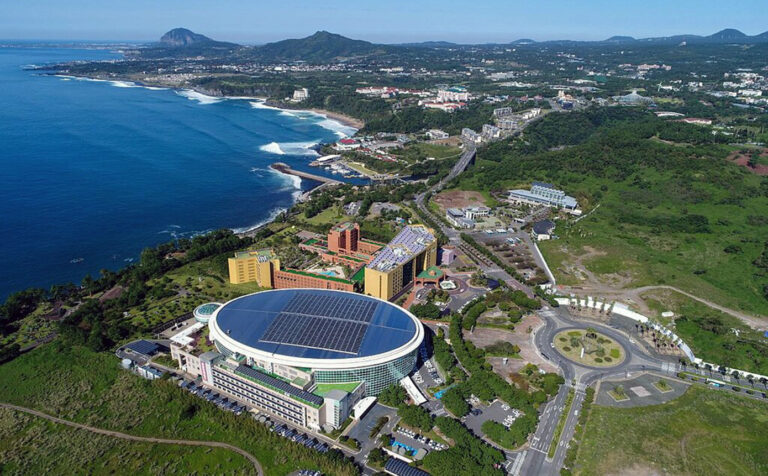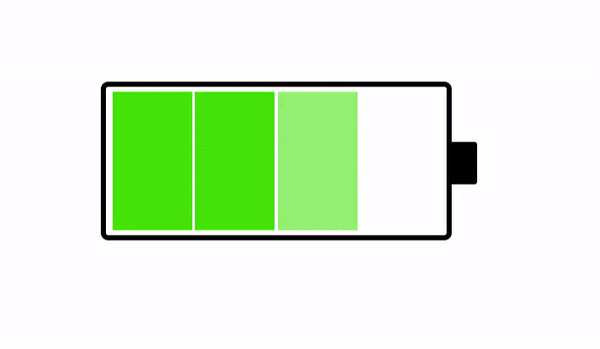After liberation and the Korean War, the government pursued the establishment of a dedicated organization to promote the tourism industry for the purpose of earning foreign currency. Consequently, the Korea International Tourism Corporation was established in 1962 with the implementation of the ‘Tourism Business Promotion Act.’ The Korea International Tourism Corporation subsequently took over and operated hotels such as the Walkerhill Hotel, Tower Hotel, and Chosun Hotel.
However, during the economic development period, these hotels became burdensome due to deteriorated competitiveness from aging and resulting in deficits. In response, the government replaced the ‘Tourism Business Promotion Act’ with the ‘Tourism Business Act’ in 1976 to promote privatization. The initial Tourism Business Act included tourist hotels, motor tourist hotels, and youth hotels as tourist lodgings. In 1982, marine tourism hotels were added, and timeshares under the Public Health Act were reclassified to Tourism Business Act. In 1984, motor tourist hotels were excluded, and in 1986, family hotels were added.
In 1987, the ‘Tourism Business Act’ was replaced by the ‘Tourism Promotion Act,’ and in 1995, the supervising ministry changed from the Ministry of Transportation to the Ministry of Culture and Sports. The initial Tourism Promotion Act included tourist hotels, youth hostels, marine tourism hotels, timeshares, and family hotels, with addition of traditional hotels. With the exclusion of youth hostels in 1991, citizen hotels were added as a new category. In 1994, tourist hotels, public hotels, marine tourism hotels, family hotels, and traditional hotels were consolidated into hotel businesses. In 1999, marine tourism hotels were renamed as floating hotels, and citizen hotels were integrated into family hotels. Later, hostel businesses in 2009, small hotels and medical hotels in 2014 were added to the hotel business. Currently, the tourist lodging business is broadly divided into hotel business and timeshare business.


